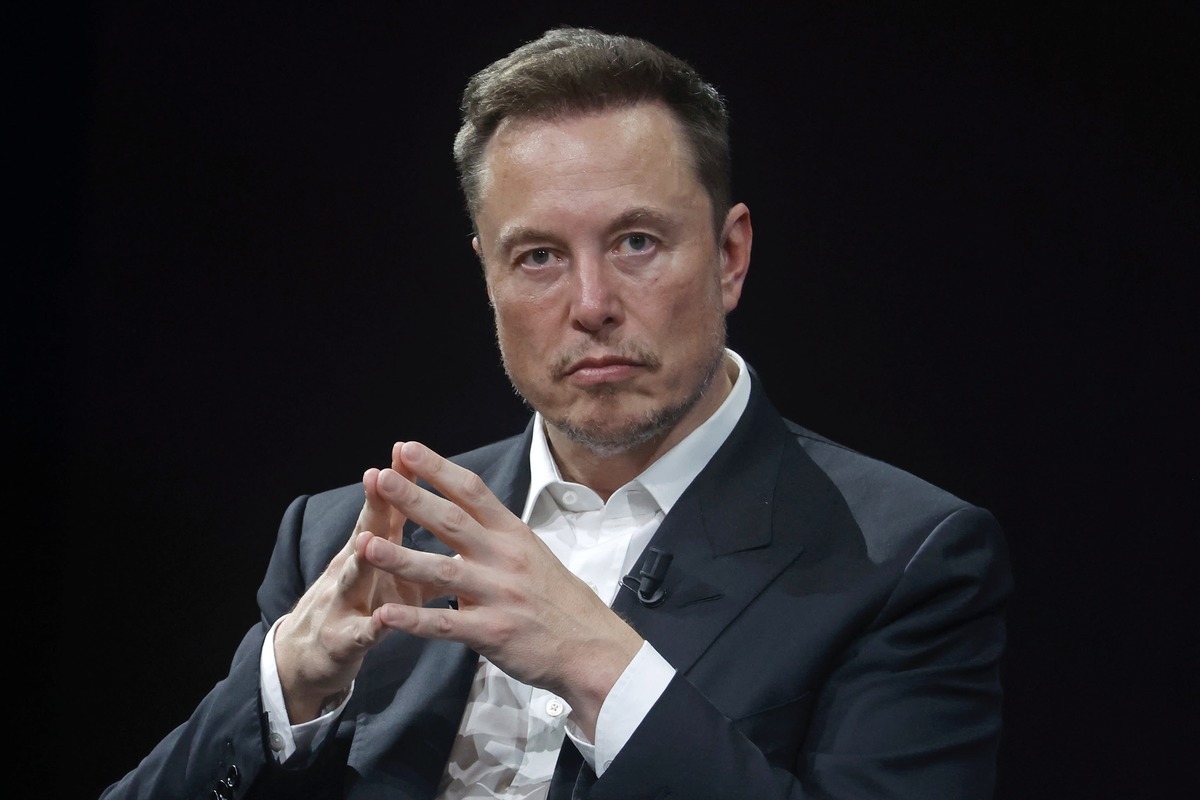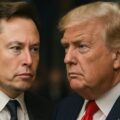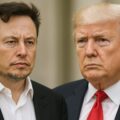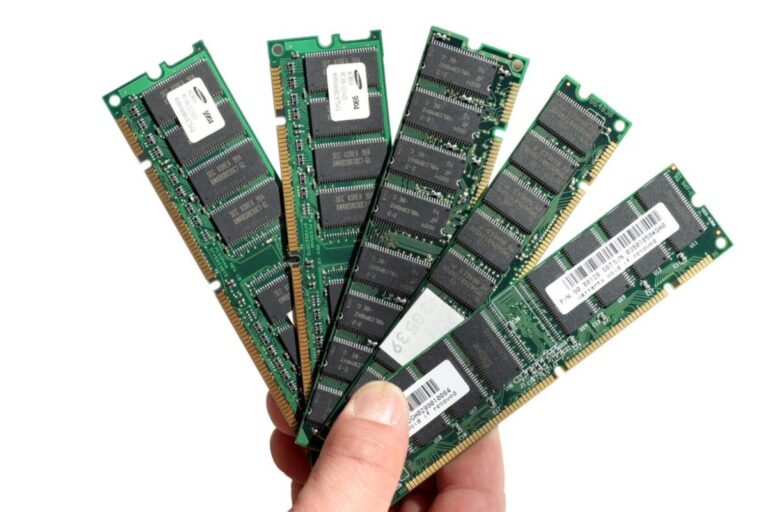
Elon Musk’s $15M in donations and political ambitions: how he’s reshaping US politics and Tesla’s future in 2025
In June–July 2025, Elon Musk found himself at the center of U.S. media and political attention. After a public conflict with the sitting U.S. President Donald Trump, the entrepreneur unexpectedly donated $5 million each to three major political action committees supporting Trump and the Republican Party:
- MAGA Inc.
- Senate Leadership Fund
- House Leadership Fund
The total amount of donations $15 million was officially registered on June 27. This step drew mixed reactions, ranging from attempts to “make amends” to efforts to preserve his influence within the Republican establishment during a period of growing tensions with Trump.
“Donations from Elon Musk come at a complicated time for the campaign. This shows that even after public disputes, business and politics in the U.S. remain deeply intertwined,” notes an analyst from the Brookings Institution.
At the start of 2024, Musk was an active donor to Trump’s election campaign. By various estimates, the businessman invested up to $250 million in support of the Republican platform and individual candidates. In response, Trump appointed Musk as the head of the newly created U.S. Government Efficiency Department an agency tasked with fighting bureaucracy, fraud, and inefficiency in federal structures.
However, this political alliance quickly fractured. The conflict erupted over the proposed “One Big Beautiful Bill”, which envisaged changes in tax policy, stricter restrictions on migrants, and reduced government support for electric car buyers.
Musk sharply criticized this bill in social networks and media, claiming that the tax changes could undermine Tesla’s competitiveness. Additionally, he publicly accused Trump of being associated with the “Epstein files,” which only escalated the situation.
“Musk fully understands: when the government changes the rules, his business is at risk and that’s a direct threat to the future of the entire industry,” commented a senior editor at The Wall Street Journal.
In response, Trump threatened to cancel federal contracts for Musk’s companies and accused the entrepreneur of creating political chaos.
The “Third Force”: Musk’s New Political Ambition
Despite gestures of reconciliation, in July Musk announced plans to create the American Party a new political force intended as an alternative to traditional Republicans and Democrats.
On July 4, he ran a poll among users of his platform X, where more than 65% of 1.25 million participants supported the idea of a new party.
“If most people want change, that change will happen,” Musk wrote. He stressed that while he cannot run for president himself, he plans to finance independent candidates to influence Congress.
This initiative sparked a strong reaction from Trump, who wrote on Truth Social:
“Musk has gone mad creating a third party will lead to chaos and destruction.” However, the president later softened his rhetoric, adding that he “wishes Musk’s businesses well.”
Post List
Lawsuit Against Tesla: Responsibility for Autopilot and New Challenges
Meanwhile, Musk’s company came under pressure from a high-profile lawsuit in Florida. A jury found Tesla partially responsible for a fatal 2019 accident due to improper autopilot functioning.
- The family of the deceased and the injured party were awarded $243 million in compensation, including $200 million in punitive damages.
Tesla maintained that the main cause was driver distraction, but the court found that the company did not adequately inform users about system limitations. This set a precedent in a series of lawsuits against Tesla: the company is accused of overstating autopilot capabilities and failing to sufficiently restrict its use on certain roads.
“EV manufacturers must be responsible for their autonomous systems this verdict is just the beginning of a new era,” said Tesla investor Gene Munster.
New Contracts and Battery Market Challenges: Partnership with LG Energy Solution
Amid these developments, LG Energy Solution announced a $4.3 billion contract to supply lithium-iron-phosphate batteries to Tesla from its Michigan plant (2027-2030).
This allows Tesla to gradually reduce dependence on Chinese suppliers and adapt to changes in U.S. tariff policy.
- LGES became the first major LFP battery producer in the U.S., tapping into rising demand for energy storage systems driven by the expansion of data centers and AI development.
Tesla has not officially commented on the contract, but analysts agree that working with LGES will help stabilize the company’s supply chains.
For the second quarter of 2025, Tesla reported:
- A 12% drop in revenue (to $22.5 billion)
- A 16% fall in profit ($1.17 billion)
- A 14% decrease in car sales and a 42% decline in operating profit
The reasons: falling global demand for EVs, increasing competition, reduced government support in the U.S., and the impact of high-profile political and legal scandals.
A New Balance of Business, Politics, and Innovation
2025 has become a year of trials and change for Elon Musk. His political flexibility, large-scale donations, and desire to shape America’s future are interwoven with challenges for Tesla in courtrooms and in global markets alike.
Musk’s political influence now extends beyond technology: he is an active participant in shaping America’s legislative and reputational climate.
At the same time, both his company and personal image face growing scrutiny from safety issues to transparency in government relations.
The example is not unique to the U.S.: today’s tech giants and major businesses are increasingly not just engines of innovation, but political players on the global chessboard.














